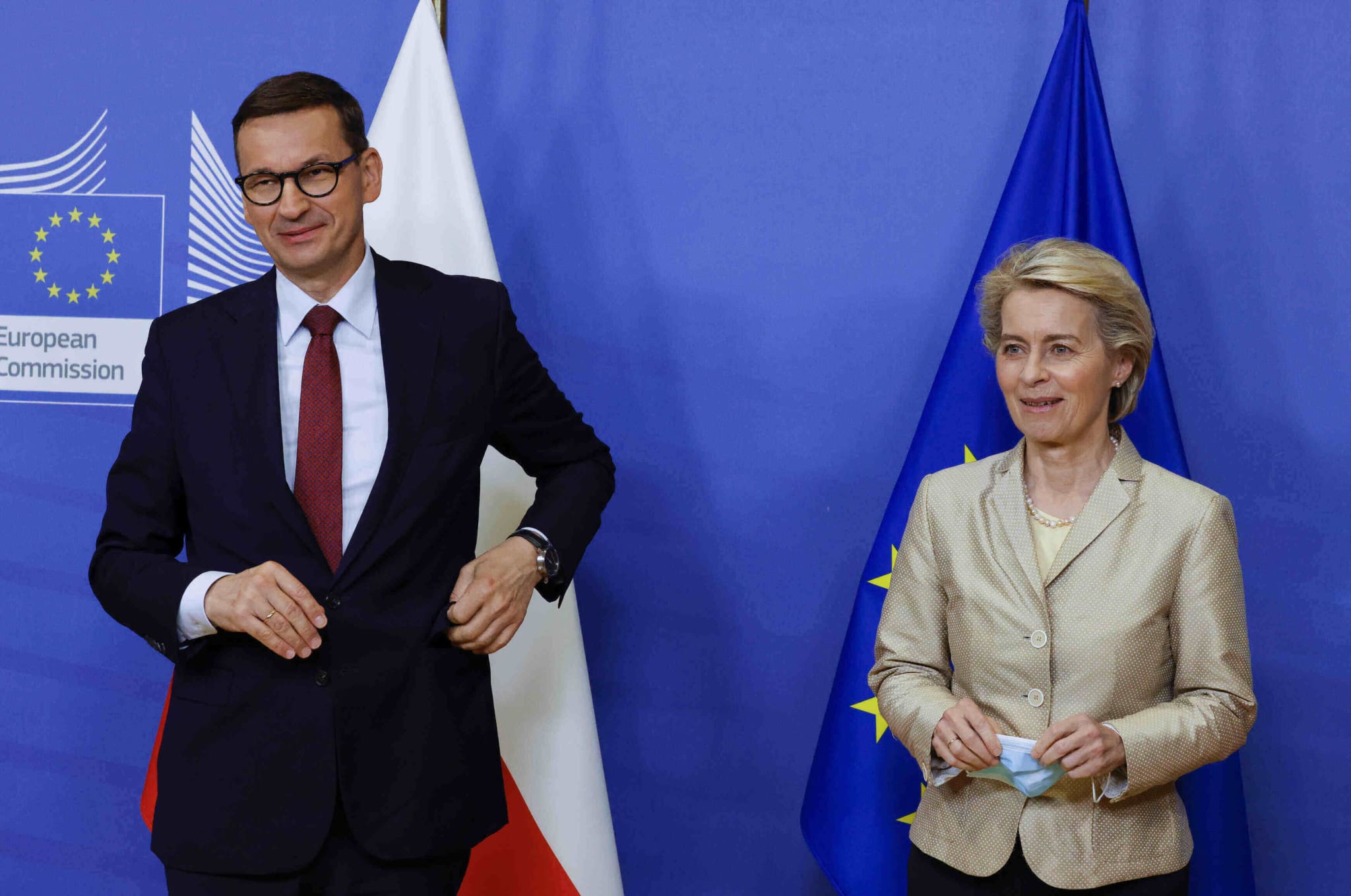Belarusian sprinter Krystsina Tsimanouskaya was ordered to go home by her Olympic team. Team members pulled her to the airport and tried to get her on the plane home. Tsimanouskaya managed to take refuge under the protection of the Japanese police and said that she would “not return to Belarus”. She managed to obtain a humanitarian visa. Interestingly, this visa was not provided by the “old” West, where emigrants fled during the period of the Iron Curtain, but instead by allegedly illiberal Poland.
Tsimanouskaya first announced that she would try to obtain asylum in Austria and Germany. However, the first countries to speak up were two countries from the former Soviet bloc, Poland and the Czech Republic. It is an honor for our diplomacy, although it is not surprising that Tsimanouskaya has finally decided on Poland, where the Belarusian minority lives and where part of the Belarusian opposition is based.
Poland plays a much more positive role in relation to the authoritarian regimes in Moscow and Minsk than countries further west, which tend to lecture Warsaw on human rights issues.
After America, Poland is probably the loudest critic of the Nord Stream 2 gas pipeline, a project in which Germany is openly collaborating with Putin. The leaders of the Belarusian opposition – Sviatlana Tsikhanouskaya and Valery Tsepkalo – fled to Poland, the opposition media platform Nexta operates from there, and Prime Minister Mateusz Morawiecki promised to further support the dissidents. The Polish government has provided the Belarusian opposition with a villa to use. Poland probably has the most capable army in the region, and not surprisingly, it is a key American ally.
The most criminal regime in Europe
Belarus is perhaps the most criminal regime in Europe, along with Russia. In some ways, Alexander Lukashenko behaves worse than Putin.
At the same time, Lukashenko did not abandon Soviet manners. Tsimanouskaya claims that the team ordered her to return home after criticizing Lukashenko’s leadership. The Belarusian Olympic Committee, led by Lukashenko’s eldest son Viktor, said the athlete was withdrawn from the Olympics because of her “emotional and mental state”. This is akin to Soviet practice when the regime called its political opponents crazy and locked them up in psychiatric hospitals.
Let’s hope that Germany and Austria would have eventually offered Tsimanouskaya asylum – still, Poland and the Czech Republic were so fast that the Germanic nations apparently did not even have time to react.
However, there is a certain difference in the understanding of human rights that still exists in Europe. The post-Soviet part of Europe understands right in their most basic form when it comes to things like freedom of expression and the right to a fair trial, which Tsimanouskaya certainly does not have now. Not that “old” Europe also did not recognize these values, but it has greatly weakened their definition.
The Belarus crisis has thus fully demonstrated the European Union’s inability to pursue any positive foreign policy. It has verbally condemned the regime’s behavior – a war of words, as usual – and imposed toothless sanctions. In the case of Russia, it even sought a kind of summit with Putin, probably following the example of Biden, but it was vetoed by Poland together with the Baltic countries. Together with Lithuania, Poland does more for the Belarusian opposition than the other EU countries combined.






